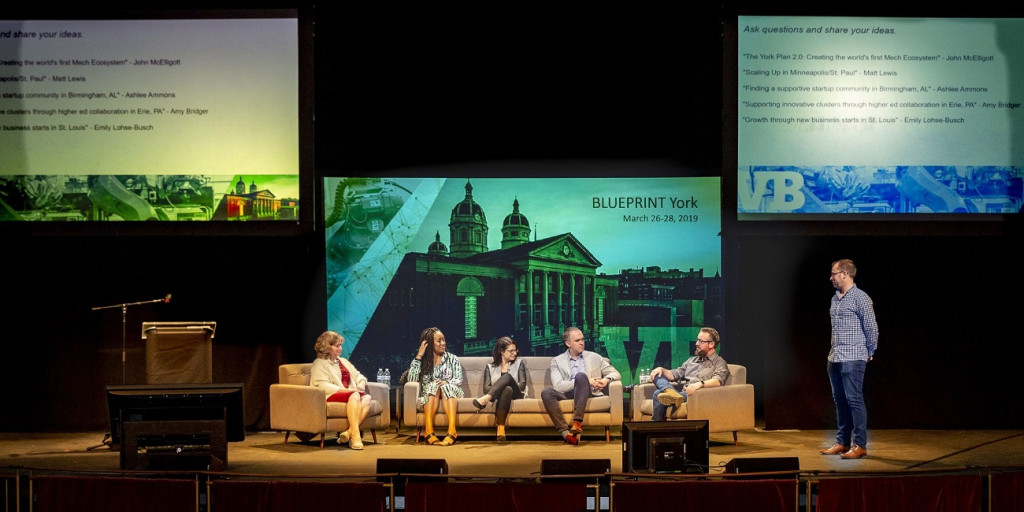The following is an excerpt from the VentureBeat article “What’s the blueprint? Preparing the heartland for AI, automation, and the future of work” featuring Maker City’s Marcia Kadanoff.
An outline of the blueprint
But to take advantage of those resources, and all the others that are available in larger and smaller capacities around the country, there must be connective tissue. That, more than anything, seems to be the key. Marcia Kadanoff of Maker City explained what that really looks like in an email follow-up to a conversation we had at Blueprint. “York, PA has the first ever ecosystem builder in the U.S. In other areas of the country, this function can be accomplished through a native son or daughter who made good as a tech entrepreneur and now returns home to share what they have learned and invest both labor and money directly into the ecosystem,” she wrote. She pointed to people like the aforementioned Matt Dunne, and Nick Smoot of the Innovation Collective. She noted that some locales rely on economic development boards and the like instead of one or two key people, but regardless: “The cities and towns that are thriving have relentless people who are providing leadership in a way that serves as an example others can follow.”
This is in addition to the need for broadband internet, proximity to and connections with institutions of higher learning, and what Kadanoff calls placemaking — “a coworking space, affordable living for professional-class workers […], a cafe, art center, or makerspace/innovation or startup accelerator.”
One key theme throughout Blueprint was that for these local leaders to build the tech-based work opportunities their towns need for the future, they have to know the unique strengths of their area and figure out how to evolve them to capitalize on key future technologies like AI and automation that will drive the future of work in the U.S.”
To read more, please go to VentureBeat.


